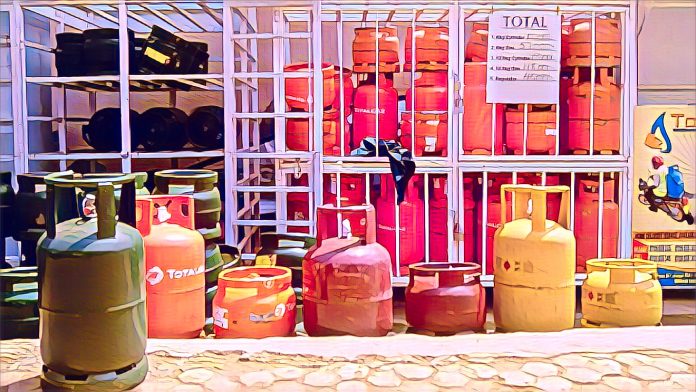KEY POINTS
- Nigeria’s government bans the export of cooking gas starting November 1, 2024, to stabilize domestic prices.
- The decision aims to address the sharp rise in Liquefied Petroleum Gas (LPG) prices affecting households.
- Industry stakeholders are hopeful the ban will lead to increased local supply and price relief for consumers.
Nigeria’s Federal Government has announced that it will ban the export of cooking gas from November 1, 2024, in a bid to curb the rapid rise in the domestic prices of Liquefied Petroleum Gas (LPG).
The decision is aimed at keeping the gas in question on the local market, thus easing the hardship faced by Nigeria’s households battling an ascent in costs.
Acts of government to curb price surge
The price of cooking gas in Nigeria has recently soared dramatically, boosted by global market pressures, and boosted by increased export activity. The ban on exports is one of the government’s measures to give priority to local supply and avoid further price hikes that have affected millions of consumers.
The government’s decision follows concerns that the growing demand for Nigerian LPG on the international market has led to the shortfall in domestic supply, BusinessDay reports.
Authorities hope to balance supply and demand by redirecting resources back into the local market, thereby lowering prices for households nationwide.
Industry response and supply impact
The ban is expected to increase the supply of LPG in Nigeria as exporters will now be forced to divert their production to meet local needs. Cautious optimism has been voiced by industry stakeholders that this move will take some of the pressure off domestic prices and prices of cooking gas will become more affordable for consumers.
But some analysts have noted that the real test of the success of the ban will be whether the government can control supply chains and get local production up to meet demand. There are also worries that exporters that depend on international markets could be disrupted.
Households to get relief amid rising costs
The rise of the cooking gas is becoming out of control for many Nigerian households, considering the still rising inflation of goods and goods.
The government’s decision to halt exports is good news for a more stable pricing environment, as local supply is expected to improve in the coming months.
The government and industry players will be watching closely how the ban will affect the domestic market and global trade relations as it takes effect in November.
The move comes as pygmies, many of whom feel they exist at the tip of the world, could be focus of a comparatively positive development: making energy more affordable and available to Nigerians.



